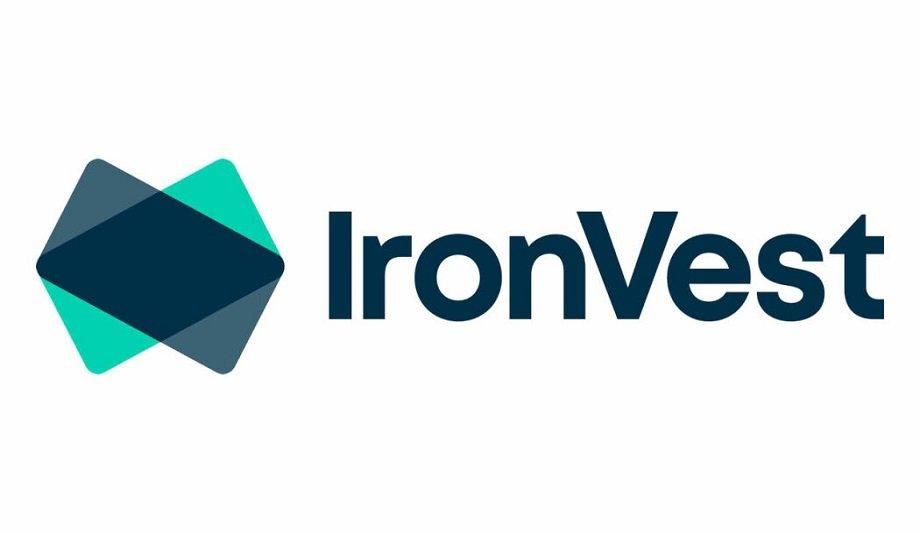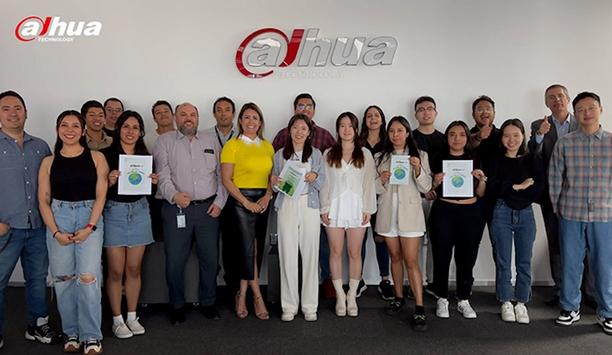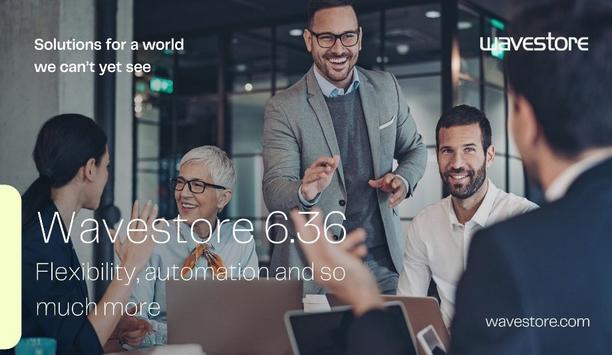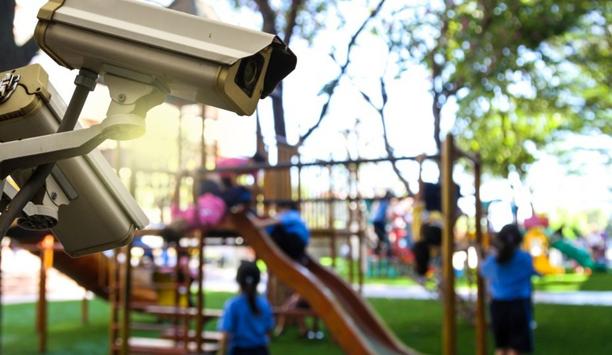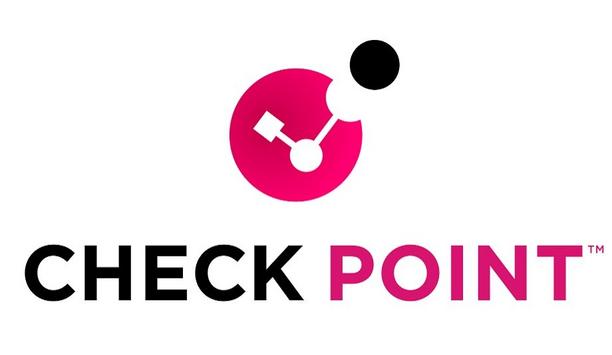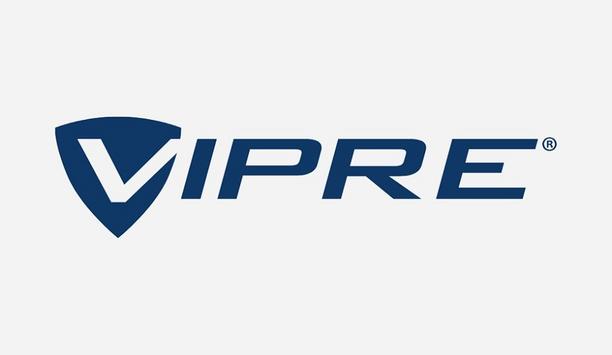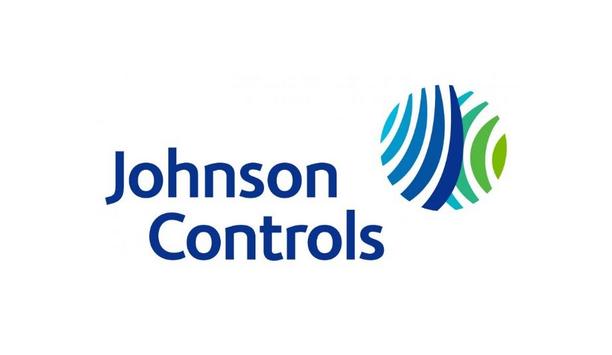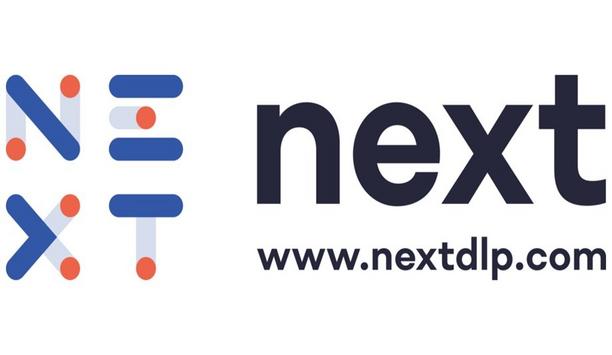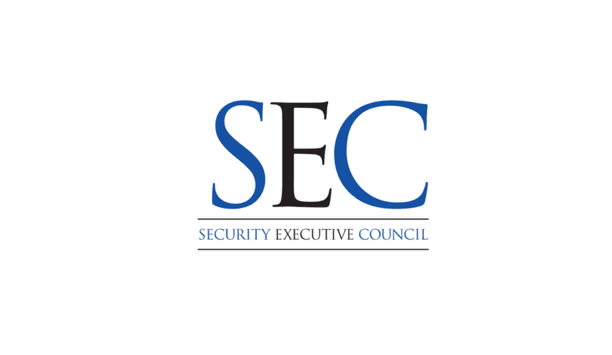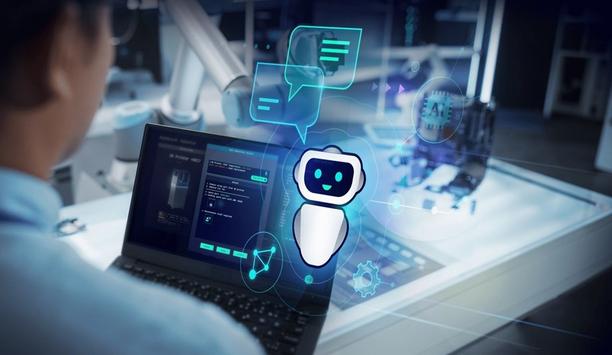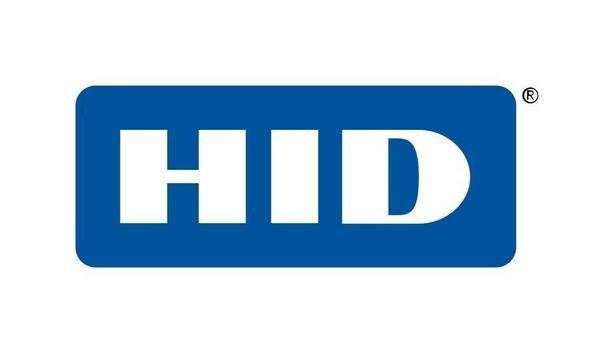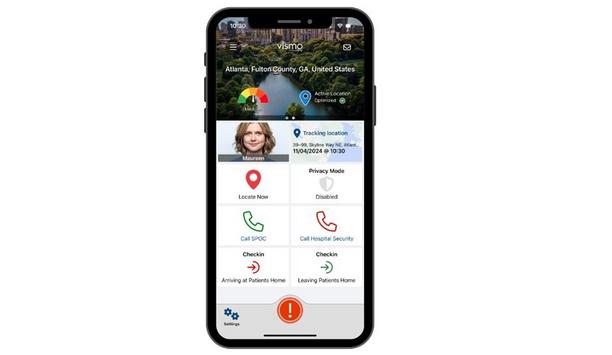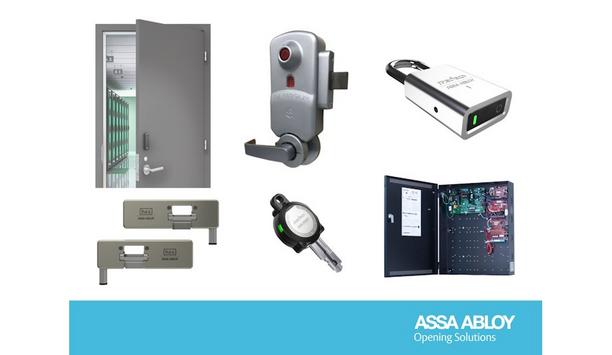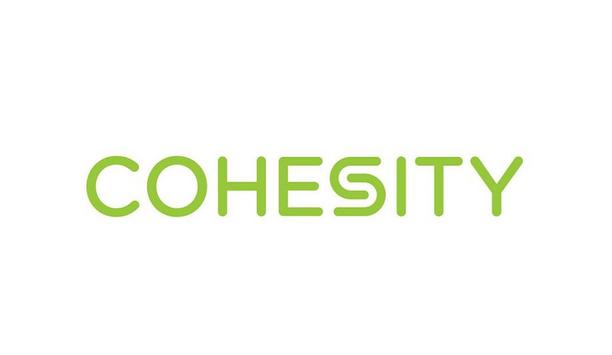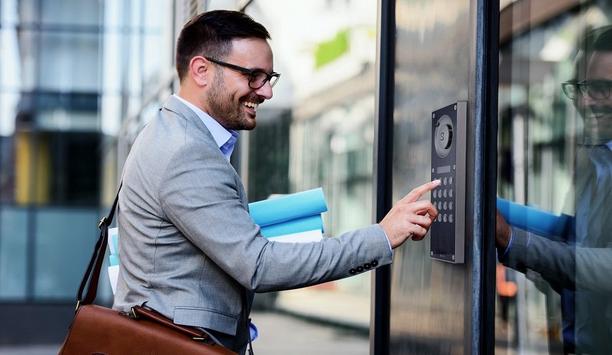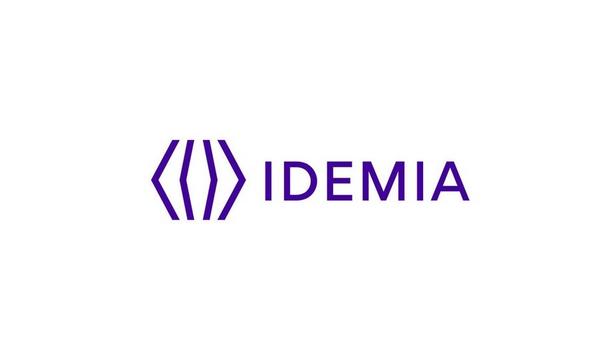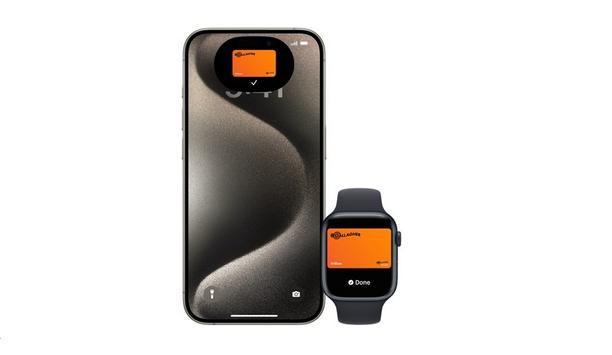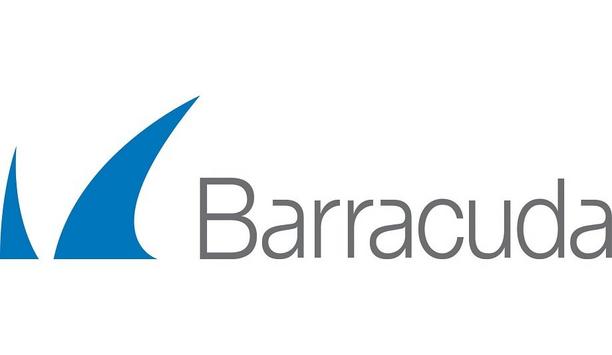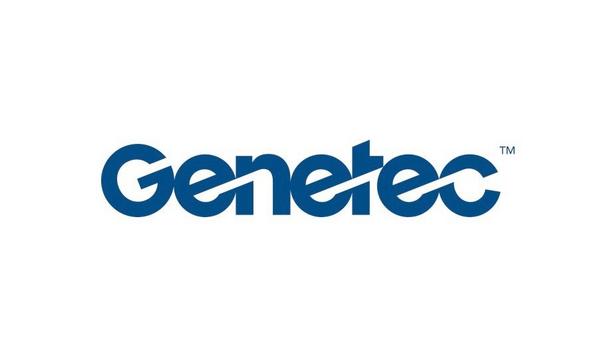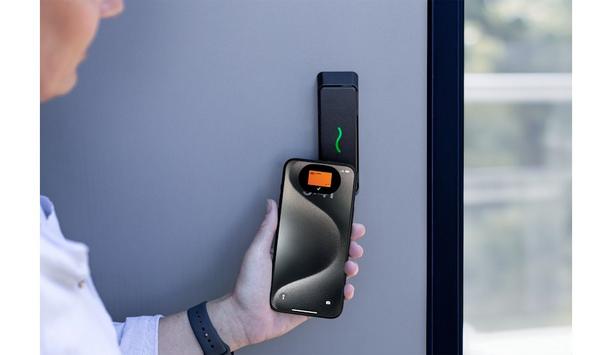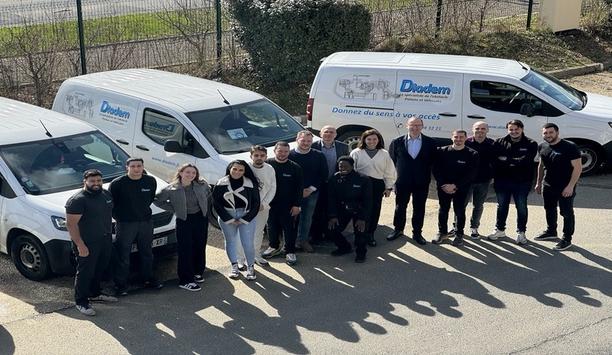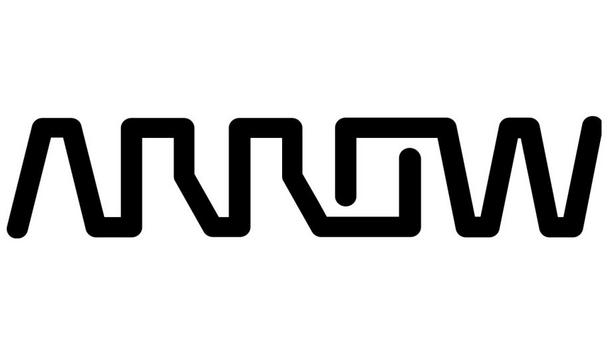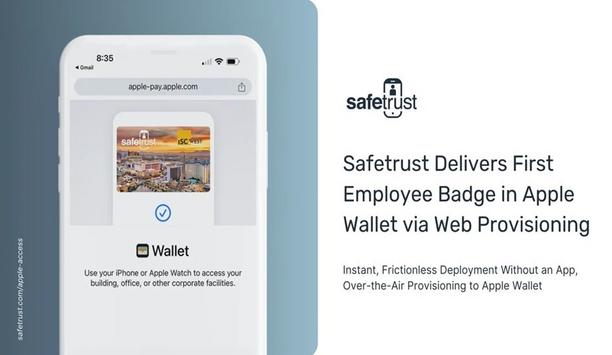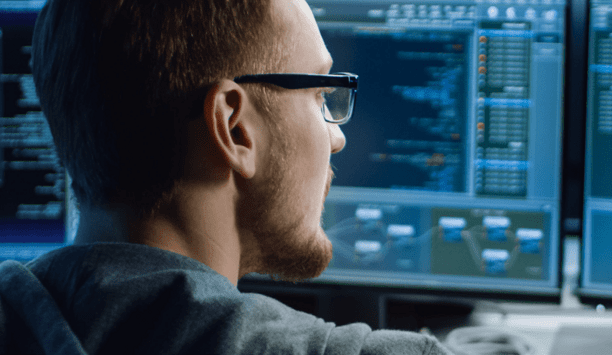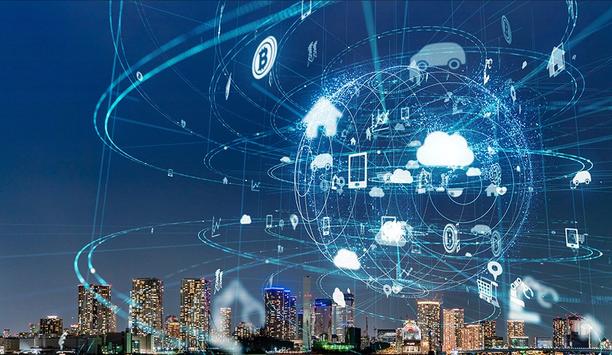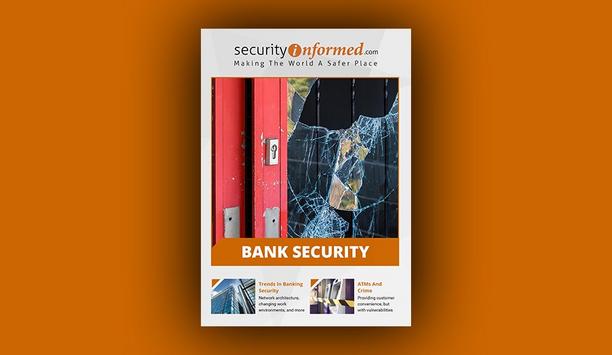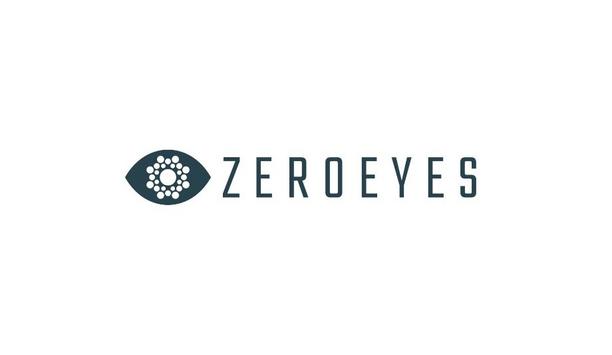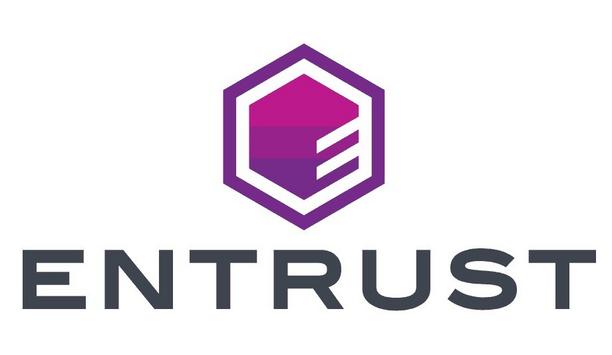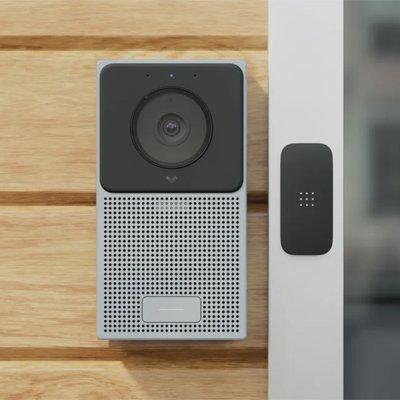Attributed to Guy Bauman, Co-Founder & CMO, Ironvest. Ironvest is an all-in-one security and privacy app.
Biometrics on social media
Guy commented on the launch, “X’s introduction of biometrics is part of a growing trend amongst social media platforms aimed not just at enhancing users’ security but also clamping down on widespread identity fraud and misinformation."
"Within the last six months alone, YouTube has asked medical professionals to apply to be a verified ‘source’, while LinkedIn now allows users to confirm their identity to receive a free verification badge for their profile.”
Centralized biometrics
If fraudsters are able to breach a company’s biometric storage they can steal a huge amount of biometric data"
“Biometrics is a really effective way to make sure accounts and personal data can't be accessed by unauthorized users. Yet, it doesn’t get any more personal than biometric data, so users need to be highly aware of how these social media giants are storing their most sensitive information.”
“For example, using centralized biometrics, where people upload selfies to be stored in the cloud for verification purposes; leaves social media users highly vulnerable. If fraudsters are able to breach a company’s biometric storage they can steal a huge amount of biometric data given it is all stored in one central place.”
Decentralized biometrics
“By contrast, decentralized biometrics are now the emerging standard that people should demand of these companies. A person’s biometric data, such as a picture of their face, is called a template."
"With decentralization, the template is broken up into different shards, encrypted, and stored securely on multiple nodes. What this means is that the whole template is never reconstructed again and thanks to a zero-knowledge infrastructure, only you have access to your data.”
Self-sovereign identity
“Consumers are also right to question if they actually want to trust big tech with their biometrics, especially given these firms’ past history of collecting extensive and potentially unnecessary personal identifying information (PII)."
"In reaction to this, and underpinned by the belief that people should be in control of their own identity, there is now a movement towards giving consumers a self-sovereign identity. This means that only the individual has access to and control of their information. This approach ensures that people have complete choice over where and with whom they share their PII with.”
